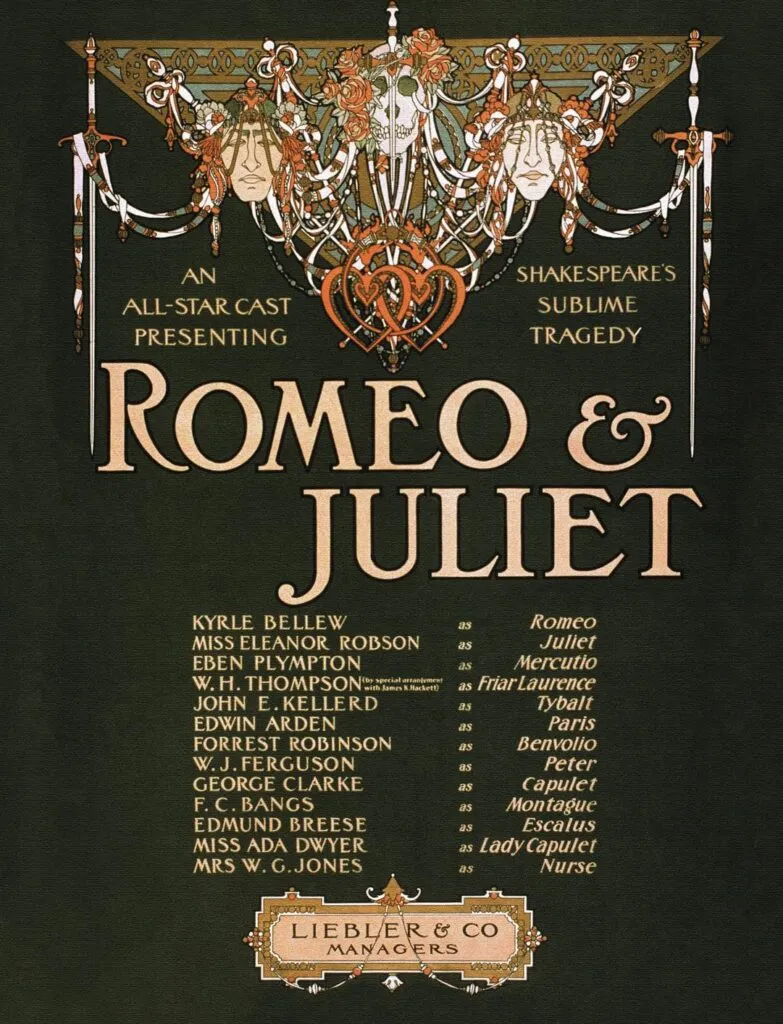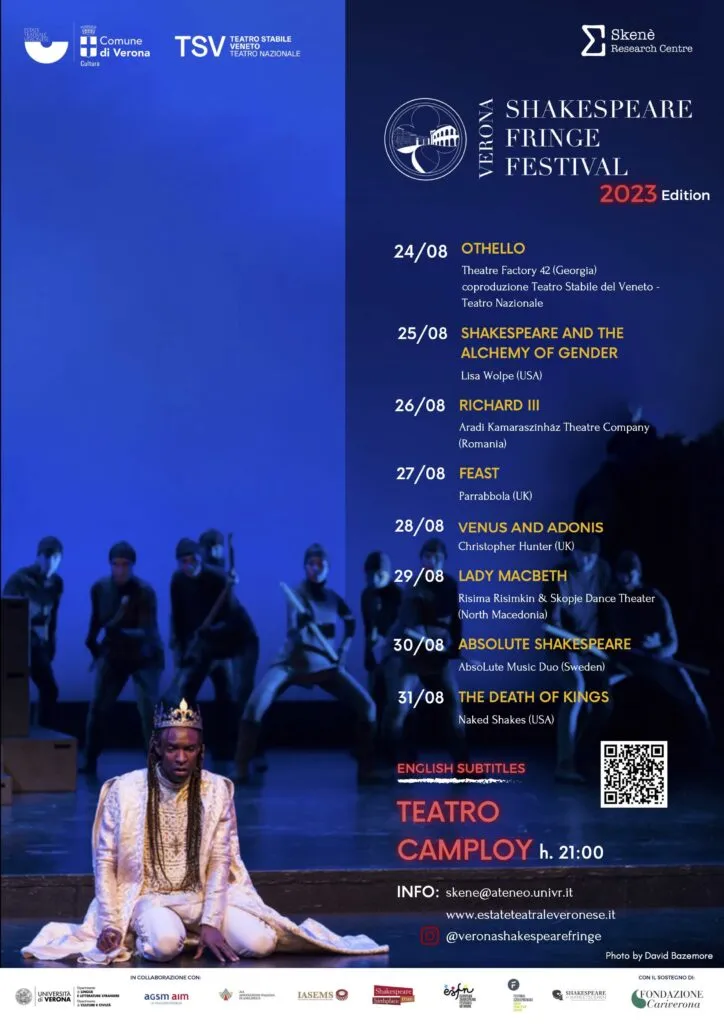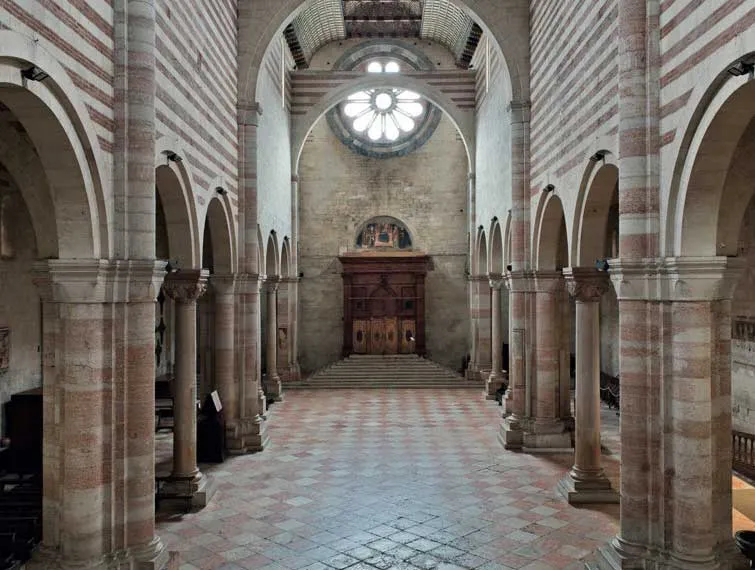In a surprising move, the local school board in Hillsborough County, one of Florida’s populous counties within the Miami metropolitan area, has stirred controversy by announcing a ban on reading select works of Shakespeare in their entirety. The decision comes in response to concerns about explicit sexual content within the texts. The school board claims that this action aligns with the recently signed Parental Rights in Education Act, a law aimed at restricting sexual discussions within classrooms unless directly related to established standards, such as health education. The ban notably affects “Romeo and Juliet,” “Macbeth,” and “Hamlet.”

While this decision has found support among some quarters, a significant number of educators and parents are vehemently opposed. Critics argue that such censorship stifles educational exploration and infringes upon artistic expression. This development stands in stark contrast to the upcoming Verona Shakespeare Fringe Festival, set to welcome artists from around the world, including the United States.
Among the anticipated performances is Shakespeare and the Alchemy of Gender scheduled for August 25th. This monodrama, crafted and performed by the renowned American artist Lisa Wolpe, promises a deep exploration of gender themes within Shakespearean drama. Wolpe, an accomplished actress, director, writer, and global scholar, has gained international recognition for her innovative work in gender-related interpretations of Shakespeare.
Responding to the controversy with unwavering resolve, Carlo Mangolini, the Artistic Director of the Verona Shakespeare Festival, has opened the doors of the Teatro Romano to host the artistic response to the ban. He declares, “We are prepared to welcome companies and students from Florida. If they are unable to engage with Shakespeare within their own country, they will have the opportunity to do so in Verona through the Summer School and the Fringe Festival. Culture should never be restricted; it should be promoted and facilitated. Censorship harks back to humanity’s darkest times and is a tool that should no longer persist. For several years, our Festival has been committed to fostering dialogue and artistic experimentation. In just over ten days, we will host eight theatrical companies from around the world, including the USA, reinventing Shakespeare in its original language. The works of the Bard are immortal; for centuries, they have allowed us to reflect on universal and ever-relevant themes. The situation in Florida is both inconceivable and resolute“.

The Verona Shakespeare Fringe Festival is set to commence, a collaborative effort between the Municipality of Verona and the Skenè Research Center of the University of Verona. Running from August 24th to August 31st, the festival promises eight days of original language performances (with subtitles) or English-language productions hailing from the United Kingdom, Georgia, Macedonia, Sweden, Romania, and the United States.
The festival will open on Thursday, August 24th, with a presentation of “Othello” by Georgian director Levan Tsuladze. On Friday, August 25th, the spotlight will shift to “Shakespeare and the Alchemy of Gender“. Saturday, August 26th, will feature a rendition of “Richard III” by the Romanian Aradi Kamaraszínház Theatre Company. The culinary world will take center stage on Sunday, August 27th, with “Feast“, a production written by Olivia Negrean for the English company Parabbola. Transitioning from cuisine to poetry in the purity of the original language, “Venus and Adonis“, a poem by Shakespeare, will be presented on Monday, August 28th, by the British ensemble The Noon Tide Sun. Tuesday, August 29th, will showcase the contemporary Macedonian dance of the Skopje Dance Theatre in “Lady Macbeth“. A daringly irreverent, ultra-pop adaptation, fusing Shakespearean texts with 80s vibes, will grace the Camploy stage on Wednesday, August 30th, courtesy of the Swedish duo AbsoLutemusicDuo, Malin Sternbrink, and Niklas Atterhall. The grand finale on Thursday, August 31st, will be delivered by the Californian ensemble Naked Shakes, presenting “The Death of Kings“, an adaptation by Irwin Appel inspired by eight of Shakespeare’s historical dramas, from “Richard II” to “Richard III“.
















